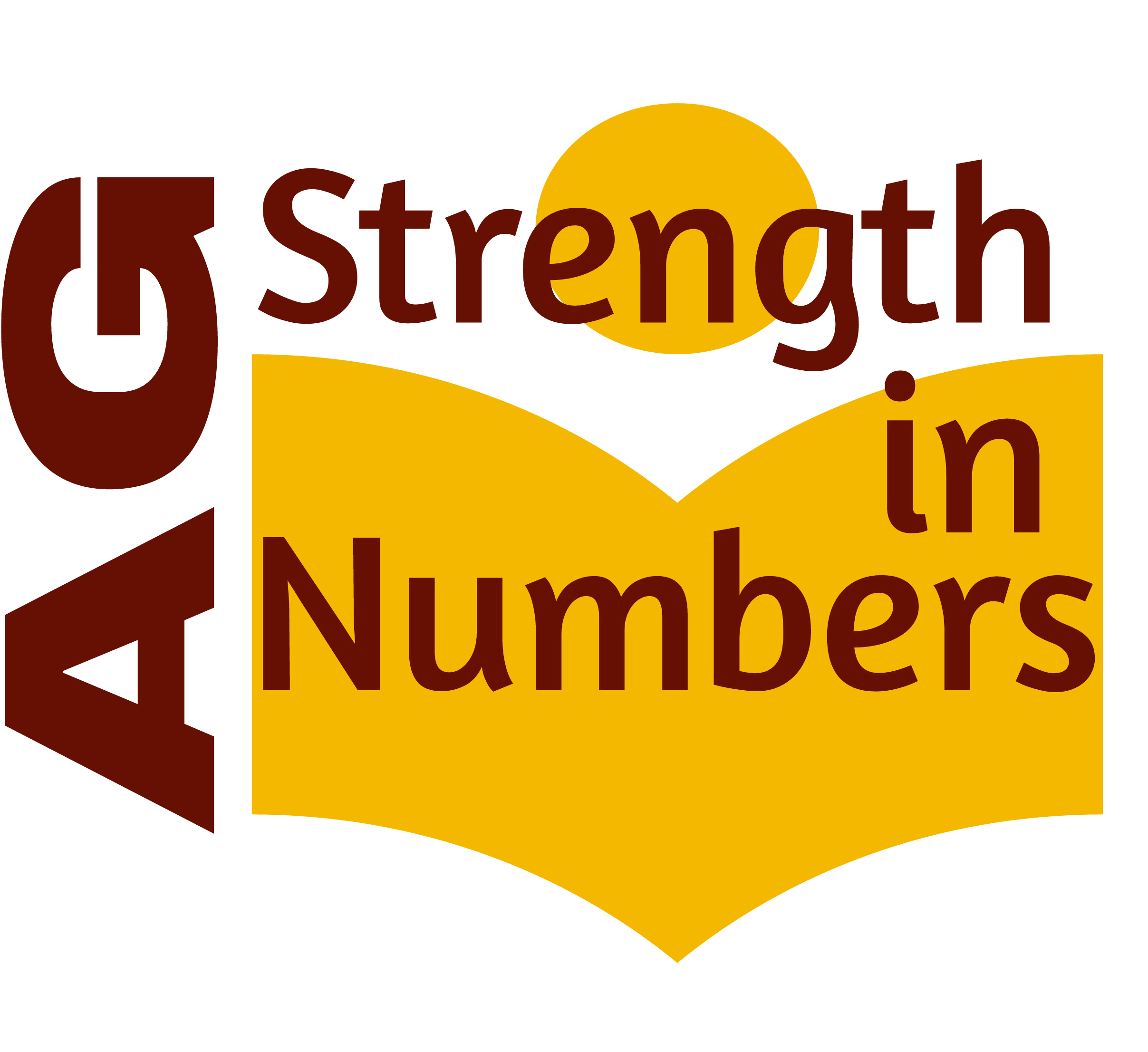I don’t have any children or my children have already graduated. Why should I care about the school district and why are my property taxes so important for the community? In order to answer these questions, we’ve taken a look at many studies that show a symbiotic relationship between a community and its schools. Here’s what we’ve found:
Schools play a pivotal role in educating the next generation not only academically, but also physically, socially and morally. The initial costs of providing high-quality education have many cost-saving benefits enjoyed by the community as that generation ages and begins to participate and reinvest in its community.
- Economically. Studies have shown that a quality primary and secondary education program benefits the community by raising a generation of people who are employed, less likely to commit a crime, less likely to require welfare assistance and less likely to overburden the health system (Mitra). Additionally, investing in children increases the number of skilled individuals in the community, which contributes to local job growth and wage increases (Bartik, 2012). Finally, quality schools increase property values for the community (Harney).
- Physically. A highly educated population is also a healthier population. In fact, for every year that an individual stays in school, he/she decreases his/her mortality by at least 6% (Mitra, p. 3). Other health benefits include decreased rates of premature death from heart disease, diabetes, cancer and lung diseases (Mitra, p. 18).
- Socially. Well-educated individuals are more likely to be involved in volunteer organizations and to practice tolerance of differences (Mitra, p. 22). Therefore, investing in education is an important way to unite diverse communities as well as to promote intra-community trust (Mitra, pp. 24-25). Increased education is also linked to a decrease in incarceration, which not only has economic implications, but also important social unity implications for families.
- Morally. Schools serve as an institution that instills the community’s values into the next generation (Crowson, 2003, p. 9).
Education is an investment now that is known to have real and important benefits not only for the individuals receiving that education, but also for the community as a whole (Carroll, 2009).
Works Cited
